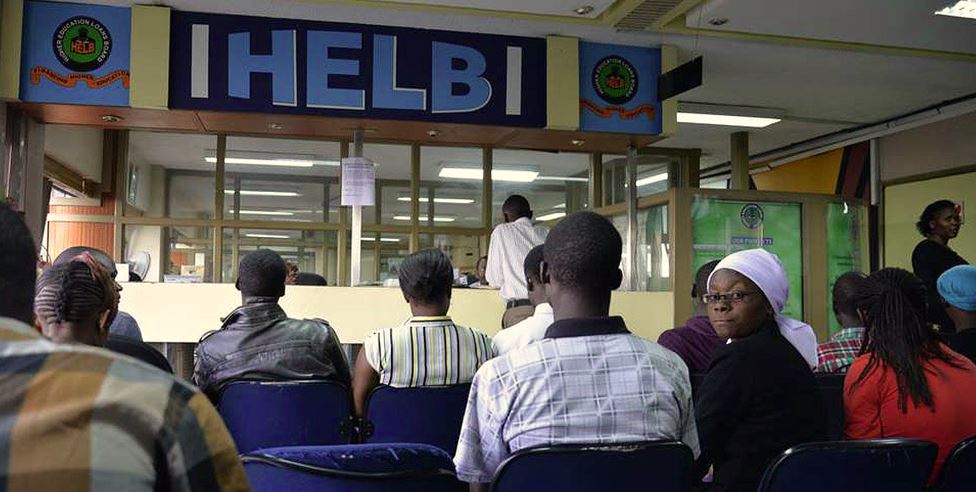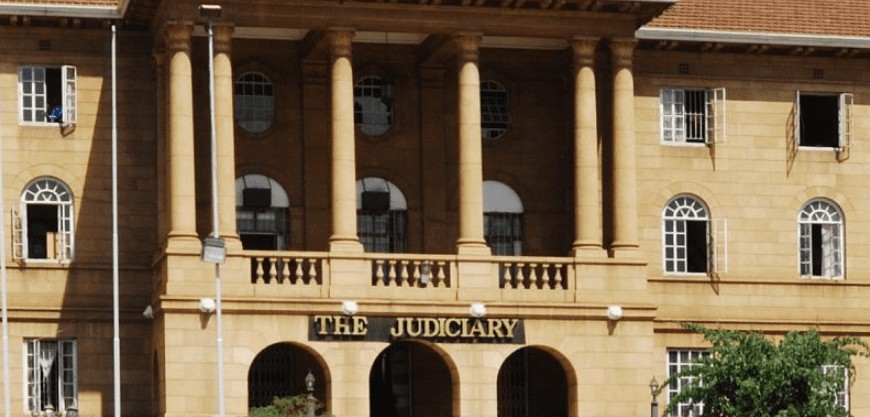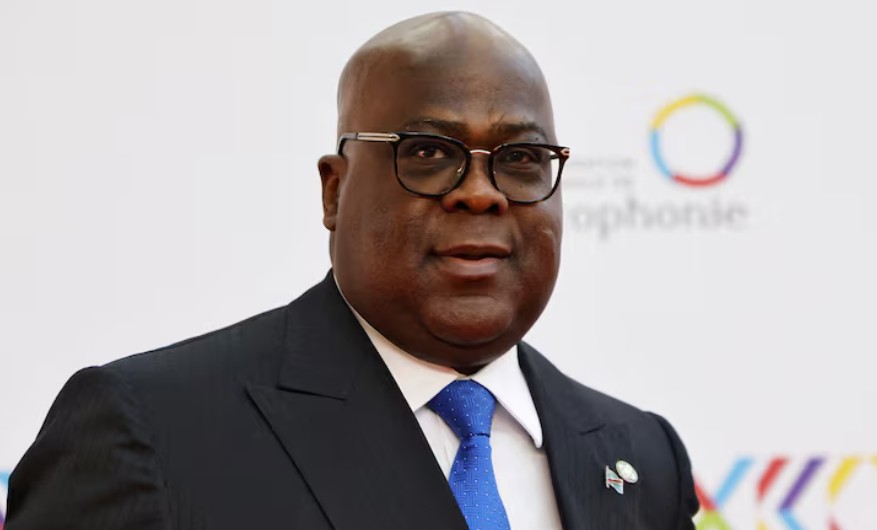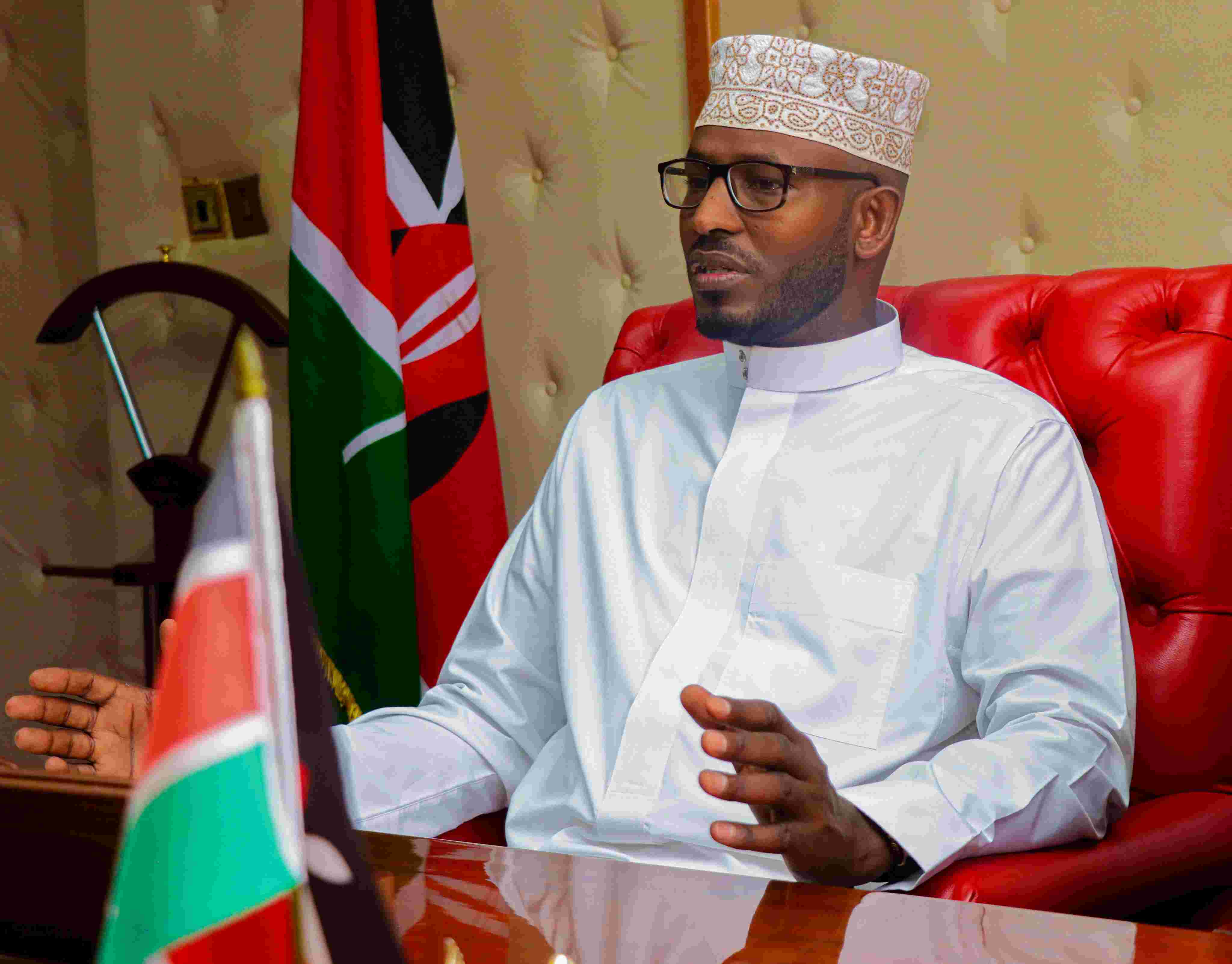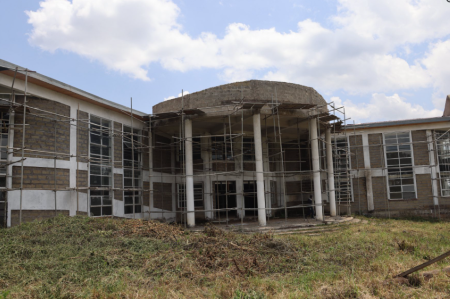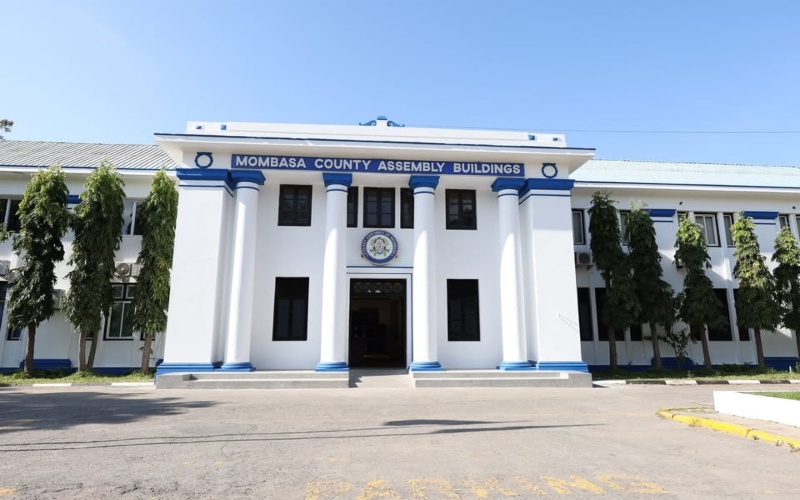Public universities on brink of collapse as wage bills soar
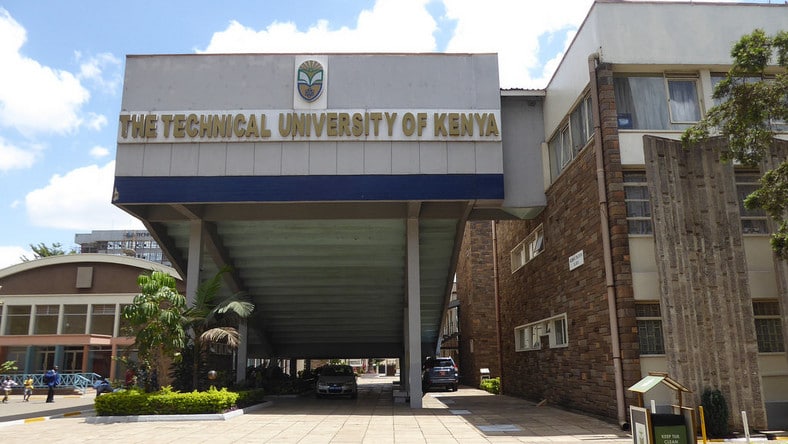
An audit covering the financial year ending June 30, 2024, has revealed that most institutions are operating far beyond legal salary limits, exposing a sector in crisis.
Kenya’s public universities are facing severe financial pressure as employee wages consume a huge chunk of their revenue, leaving little for essential operations.
An audit covering the financial year ending June 30, 2024, has revealed that most institutions are operating far beyond legal salary limits, exposing a sector in crisis.
More To Read
- 21 public universities at risk of collapse due to Sh42.5 billion debt, Auditor General warns
- 12 public universities cannot account for land, assets worth Sh19.6 billion, audit reveals
- HELB loans awarded to 136,000 first-time university students as government caps fees
- Public universities' debt hits Sh76.1 billion, raising sustainability concerns - Auditor General
- Education CS Julius Ogamba defends 40 per cent varsity fee cut, cites higher enrolment
- Maraga slams scrapped university funding model as "poorly planned", says government acted without foresight
Auditor General Nancy Gathungu’s report, presented to Parliament, shows that 39 out of 42 universities, representing 93 per cent of the sector, breached the Public Finance Management (National Government) Regulations, 2015, which caps staff costs at 35 per cent of total revenue.
The findings raise serious questions about how universities meet other operational needs when salaries are so high.
The Technical University of Kenya was the worst offender, spending Sh3.27 billion on salaries against Sh2.81 billion in revenue, translating to a staggering 116 per cent wage-to-revenue ratio.
This left the university unable to cover basic costs such as electricity, water, teaching materials, and infrastructure development.
Other institutions are similarly strained. Taita Taveta University spent 87 per cent of its Sh533 million revenue on staff pay.
The Technical University of Mombasa used 83 per cent, Pwani University 82 per cent, and the University of Eldoret 79 per cent. Across the five most affected universities, over three-quarters of income went to salaries, highlighting the difficulty in maintaining financial stability.
Even well-established universities are not immune. Jomo Kenyatta University of Agriculture and Technology had a 77 per cent wage-to-revenue ratio, Kenyatta University 71 per cent, while the University of Nairobi spent 53 per cent of its Sh16 billion earnings on personnel emoluments.
The Auditor General noted that across the 42 institutions, total revenue reached Sh100 billion while the wage bill stood at Sh62.2 billion.
This means that Sh62 of every Sh100 earned by a public university went to salaries, leaving limited resources for teaching, research, maintenance, and development projects.
Some universities have managed to stay within or near legal thresholds. The Open University of Kenya spent just 19 per cent of revenue on salaries, Tom Mboya University spent 30 per cent, and the
Kenya Advanced Institute of Science and Technology, exactly 35 per cent.
Others, including Turkana, Kirinyaga, and Tharaka universities, ranged from 40 to 44 per cent, while Rongo, the National Defence University, Bomet, and Jaramogi Oginga Odinga universities spent between 55 and 58 per cent of revenue on staff.
Maseno University spent 62 per cent of its Sh3.94 billion income on wages, Egerton University 59 per cent, and Masinde Muliro University 66 per cent. The Auditor General warned that the situation could worsen following a Sh4.3 billion salary increase recently negotiated by the Universities Academic Staff Union.
The findings come as public universities struggle with unpaid obligations, rising debt, and delays in essential services.
Treasury Cabinet Secretary John Mbadi has urged universities to streamline operations, reduce unnecessary administrative costs, and consider closing satellite campuses to ensure sustainability.
Top Stories Today



